26th Annual International Coastal Cleanup: Local Action, Global Change !
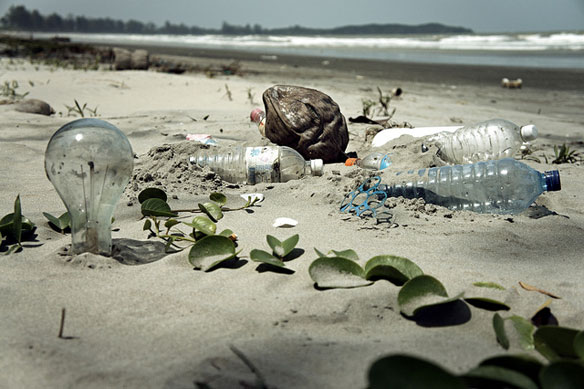
In partnership with organizations and individuals across the globe, Ocean Conservancy’s International Coastal Cleanup engages people to remove trash and debris from the world’s beaches and waterways, identify the sources of debris, and change the behaviors that cause ocean trash in the first place. The 26th Annual International Coastal Cleanup Day is on September 17th, 2011.
New York: Long Island South Shore Toxic Algal Bloom
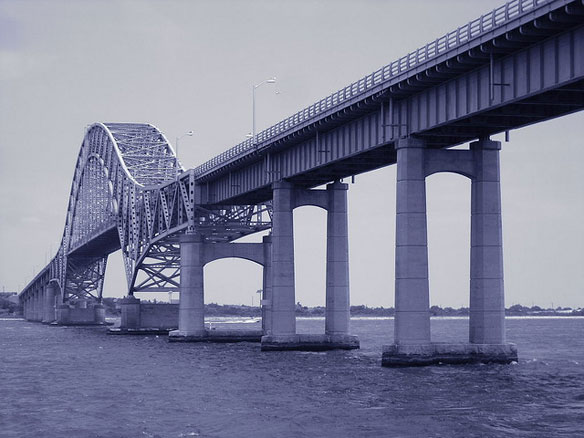
NOAA awarded a grant to State University of New York scientists to document the first known incidence of a bloom of harmful algae off Long Island’s south shore, and test a method that could control it.The algae, Cochlodinium polykrikiodes, has been linked to the mass deaths of wild and farmed fish worldwide, with catastrophic effects on aquaculture and local economies. Experience with this type of algae elsewhere suggests that, once established, blooms are likely to re-occur.
Exploratory Drilling For Gas To Begin Soon Off Cyprus Southern Coast
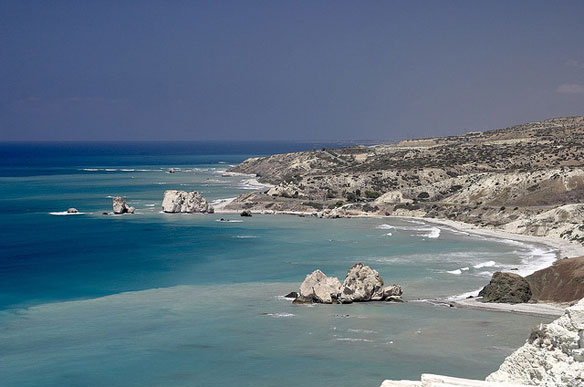
U.S. firm Noble Energy will soon begin exploratory drilling to confirm oil and gas deposits beneath the sea bed off Cyprus’ southern coast despite Turkey’s attempts to prevent such a move.
Scientists: Bacteria Spreading In Warming Oceans
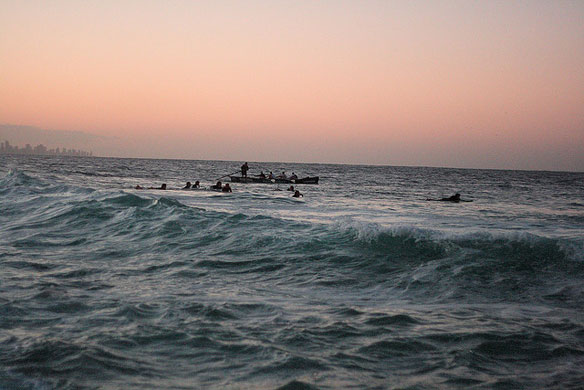
According to a new report, Project CLAMER — a collaboration of 17 European marine institutes, synthesizing 13 years of findings — presented at a two-day conference in Brussels, the warming of the world’s oceans can cause proliferation of bacteria leading to serious illness.
USGS In the Surge Sampling for Nutrients, Sediment, E. coli, and Pesticides
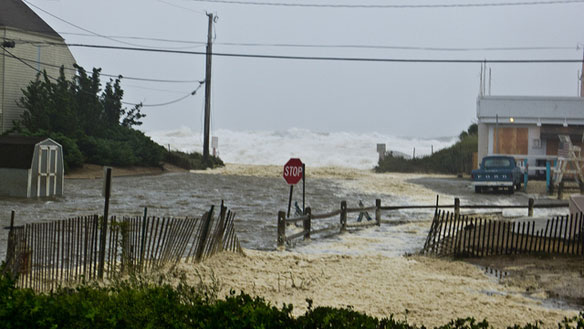
As Hurricane Irene has left her mark along the East Coast, USGS crews are sampling water for pesticides, E. coli, nutrients, and sediment to document water quality in areas affected by the hurricane.
Dirty Laundry: Greenpeace Reports on Toxic Industrial Water Pollution
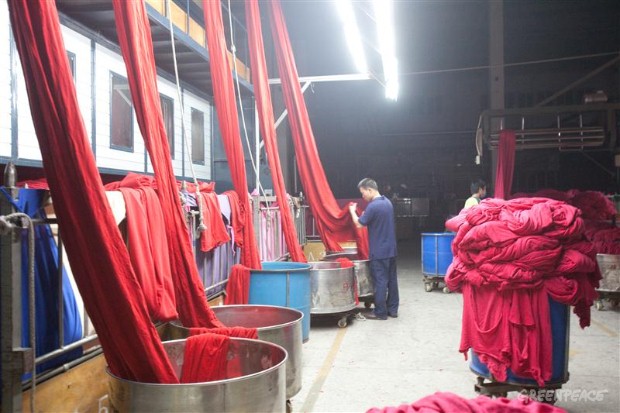
A report just released by Greenpeace International, after a year-long study research into industrial water pollution, reveals the presence of hazardous chemicals in clothing items bearing the logos of 14 global popular brands, linking many of the same clothing brands to suppliers in China who were found to be releasing daily cocktail of chemicals into the Pearl River and Yangtze River deltas, discharging into the China Sea…
Goa’s Coast Faces Overwhelming Pollution, India
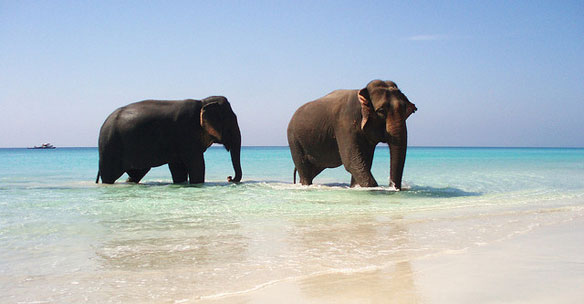
Beer bottles and plastic bags litter most beaches and only the distant sunsets remain untouched…
Bali Struggles With the Dark Side of Success

Bali may still be the Island of the Gods and the Island of a Thousand Temples, but it is certainly no longer the island of pristine beaches. Construction cranes on beaches, damaged coral, and floating trash in the turquoise waters off Bali and on its sandy beaches, are unfortunate signs of just how successful the Indonesian resort island has been leading to coastal over-exploitation and pollution.
Dead Zone Off Gulf Coast, As Large As The State Of New Jersey
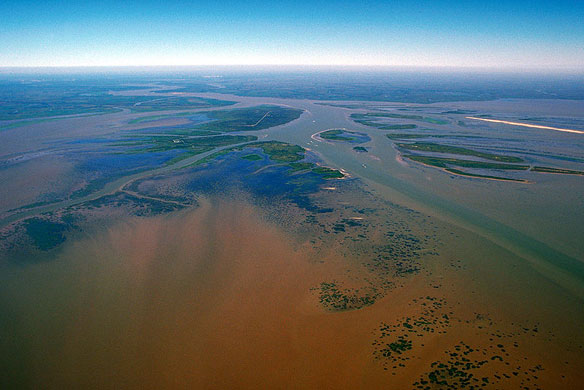
Dead zones off the coast, are fueled by nutrient runoff from agricultural and other human activities in the Mississippi River watershed, which stimulates an overgrowth of algae that sinks, decomposes and consumes most of the life-giving oxygen supply in bottom waters. These chronic, recurring hypoxic zones every summer represent a significant threat to Gulf coastal ecosystems.
